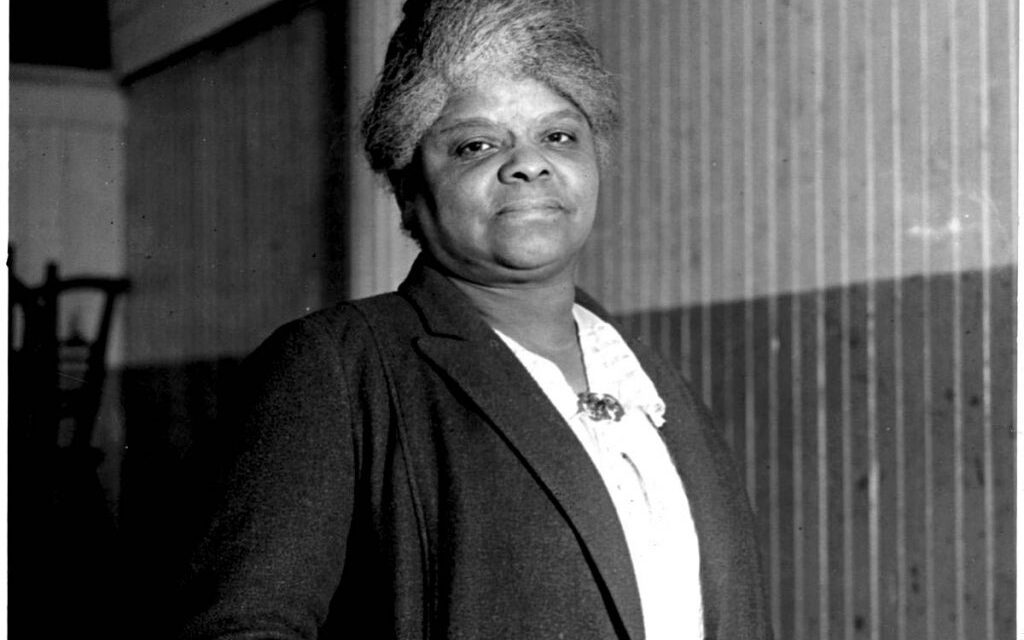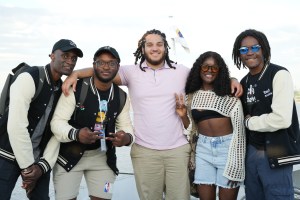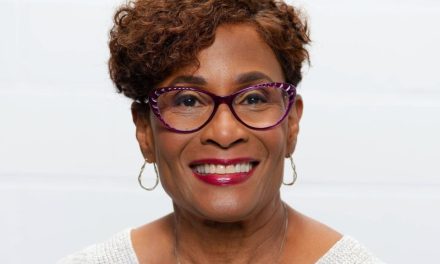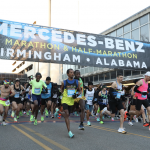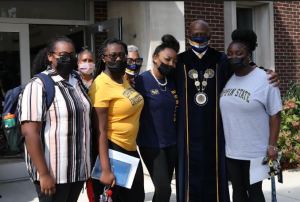Compiled by Speakin’ Out News
-
Publisher Ida B. Wells -
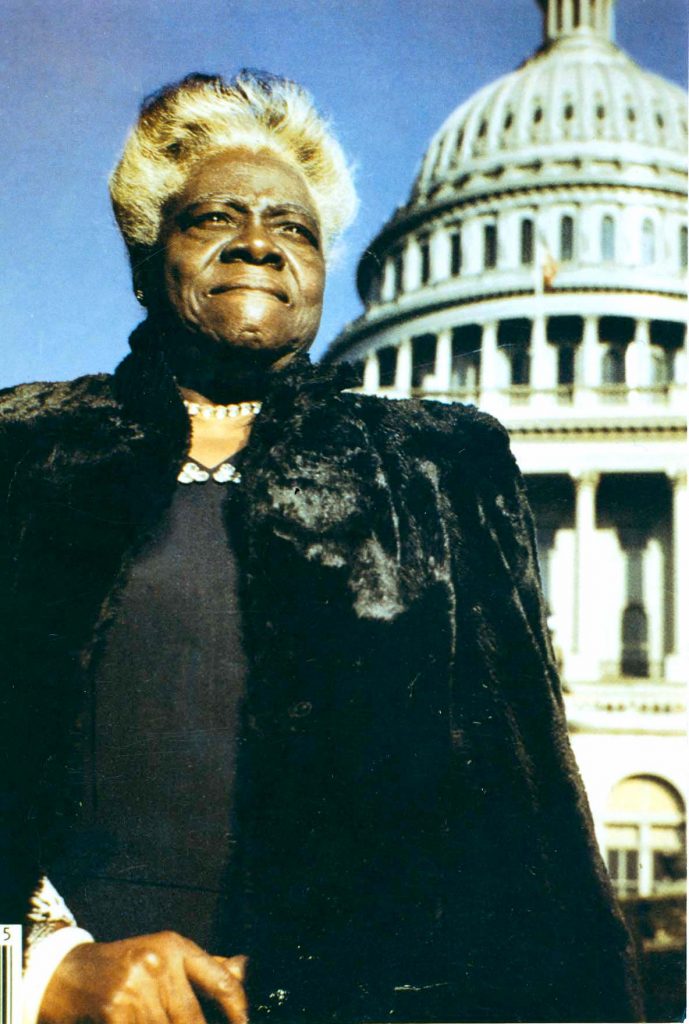
Publisher Dr. Mary McLeod Bethune
Black female newspaper publishers, Ida B. Wells-Barnett and Mary McLeod Bethune were women fighting in different ways for justice.
Mary McLeod Bethune was an “educator, organizer, and political activist” and organized groups to support black women and children. She believed that “education was the road to progress”. She organized the first African American girls school in Daytona Beach, Florida. She led blacks to register to vote as well as founded and joined organizations and associations such as the Florida Fellowship of Colored Women, National Association of Colored Women, National Council of Negro Women and so many more. She focused on educating the black community especially women and helping them to rise above the oppression. Bethune invested in several businesses, including the Pittsburgh Courier, a black newspaper. he founded Central Life Insurance of Florida. She eventually retired in Florida. Due to state segregation, blacks were not allowed to visit the beach. Bethune and several other business owners invested in Paradise Beach: they purchased a 2-mile stretch of beach and the surrounding properties, selling these to black families. They did allow white families to visit the waterfront. Paradise Beach was later renamed as Bethune-Volusia Beach in her honor.
Ida B. Wells-Barnett focused her fight for justice in another area. She was a big anti-lynching crusader. She challenged the Jim Crow Laws in Tennessee, wrote news- paper articles criticizing the educational resources available to African American children, and in 1892 after three of her friends were lynched she began her anti-lynching crusade. She wrote articles against lynching which caused for her office at the newspaper to be destroyed. However, this did not stop her she continued writing articles at the New York Age, lectured and organized anti-lynching societies, and traveled great distances to speak out against lynching. She later became an owner of two newspapers: The Memphis Free Speech and Headlight and Free Speech.
However, even though both women were fighting for justice they were still hindered by the social limitations of sexism and racism, by the continual division of women/men and blacks/ whites.
–

